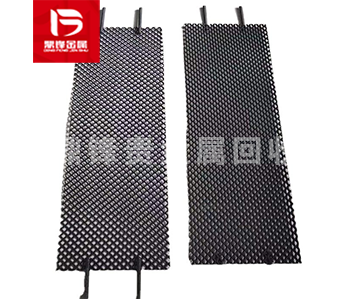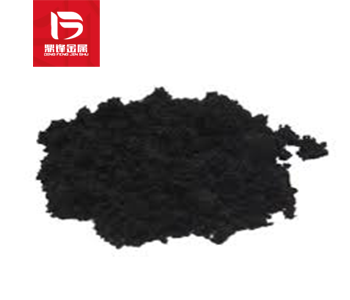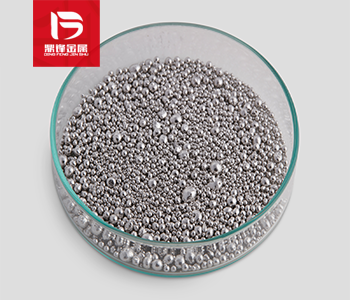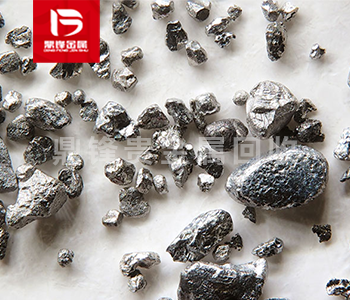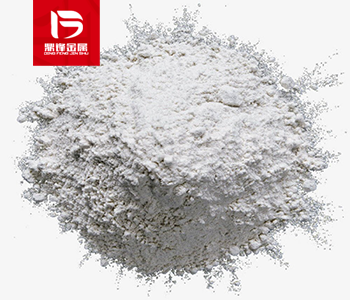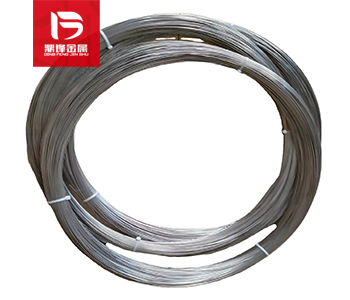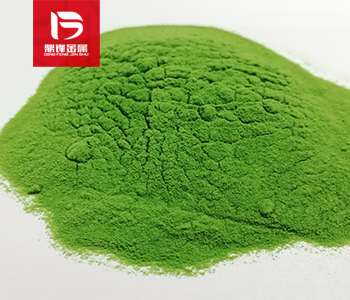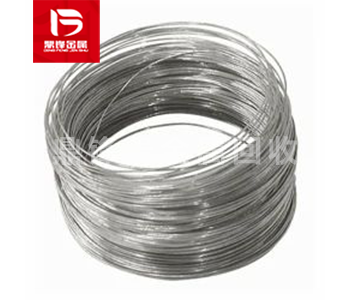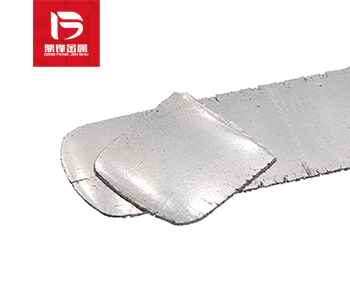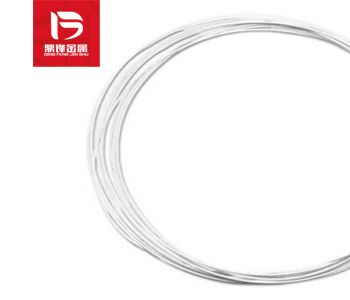Recovery of ruthenium iridium network_ Ruthenium mesh recycling_ Precious metal recycling manufacturers
Ruthenium-iridium mesh is a mesh material made of two precious metals, ruthenium and iridium. Both ruthenium and iridium belong to the platinum group elements, and they have excellent chemical stability and high temperature resistance. Ruthenium-iridium mesh is usually prepared by electrochemical deposition, chemical vapor deposition or sintering, and has a high degree of uniformity and controllability.
Product Details
Ruthenium iridium mesh is a network structure material made of two precious metals, ruthenium and iridium. Ruthenium and iridium belong to the platinum group elements, which have excellent chemical stability and high-temperature resistance. Ruthenium iridium mesh is usually prepared by processes such as electrochemical deposition, chemical vapor deposition, or sintering, and has high uniformity and controllability.
The main uses of ruthenium iridium mesh are as follows:
1. Catalyst support material: Ruthenium iridium mesh is widely used as a support material for catalysts due to its high chemical stability and high-temperature resistance. The catalyst is usually used to accelerate the Reaction rate, and the ruthenium iridium mesh, as the carrier of the catalyst, can provide greater surface area and better mass transfer performance, thus enhancing the activity and stability of the catalyst.
2. High temperature alloy materials: Due to its excellent high-temperature resistance, ruthenium iridium mesh is widely used in high-temperature alloy materials. High temperature alloys are mainly used in the manufacturing of components under high-temperature conditions such as aerospace, aviation engines, and gas turbines. As a reinforcing material in high-temperature alloys, ruthenium iridium mesh can improve the strength and heat resistance of materials, while reducing their weight.
3. Precision filters: Ruthenium iridium mesh is widely used in the field of precision filters due to its uniform network structure and fine pore size. Precision filters are mainly used to filter small particles or separate components in mixtures, such as in industries such as chemical, pharmaceutical, and food. The high controllability and corrosion resistance of ruthenium iridium mesh make it an ideal choice for filtration materials.
4. Biomedical applications: Ruthenium iridium networks also have important applications in the biomedical field. Due to its biocompatibility and corrosion resistance, ruthenium iridium mesh is often used as a material for medical devices such as bone repair and artificial joints. In addition, ruthenium iridium networks can also be used in fields such as biosensors and tissue engineering, providing support for biomedical research and treatment.
Waste ruthenium iridium mesh is one of the recycling sources of ruthenium containing waste. The recycling sources of ruthenium containing waste include ruthenium wire recycling, ruthenium sheet recycling, ruthenium slag recycling, ruthenium particle recycling, ruthenium ingot recycling, ruthenium powder recycling, ruthenium iridium titanium mesh recycling, etc. If you have any demand for the recycling of ruthenium containing waste, please call our 24-hour service hotline. Dingfeng Precious Metal Recycling and Refining Factory has independent recycling and refining factories without intermediaries to earn price differences. Our professional technical team and customer service personnel provide one-on-one services to ensure customer privacy during the recycling process.


